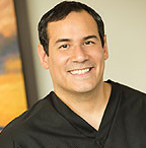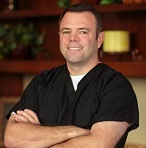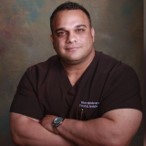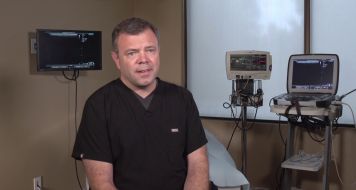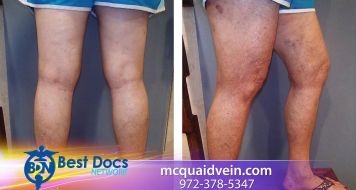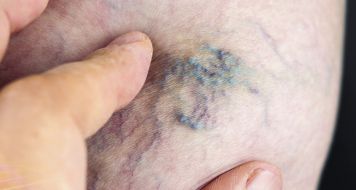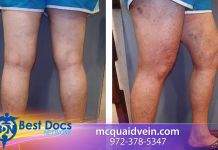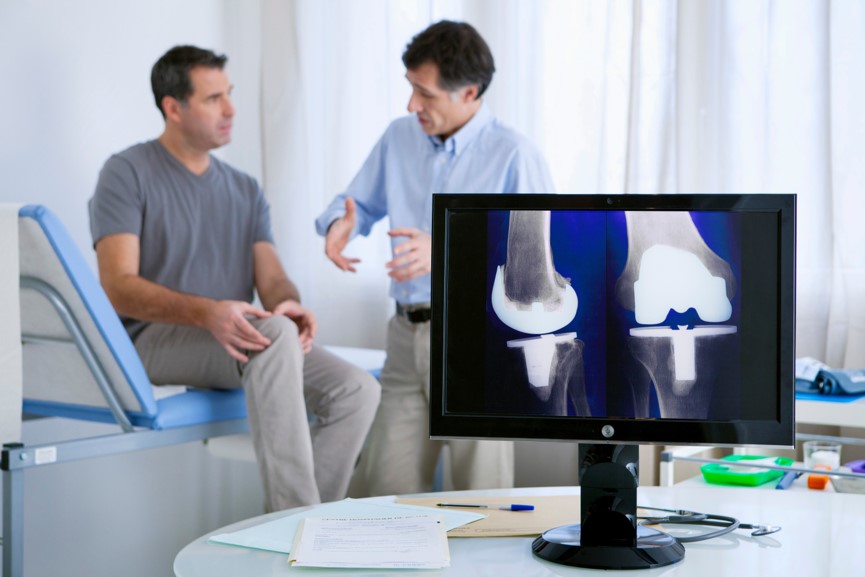
How Patients Find Their Doctors
Patients find their doctors through a variety of methods, reflecting the diversity of healthcare systems and the availability of information in today’s digital age. Here are some of the most common ways patients locate their healthcare providers:
1. Recommendations from Family and Friends
One of the most trusted sources for finding a doctor is personal recommendations. Family members, friends, and colleagues often share their experiences and suggest doctors they trust .
2. Primary Care Physician Referrals
Many patients find specialists through referrals from their primary care physicians (PCPs). PCPs typically have a network of specialists they trust and recommend to their patients for specific health issues .
3. Insurance Provider Directories
Patients often use the directories provided by their health insurance companies. These directories list doctors who are within the patient’s insurance network, which helps ensure that their services are covered by insurance plans .
4. Online Reviews and Ratings
With the rise of digital platforms, patients increasingly rely on online reviews and ratings to choose their doctors. Websites like Healthgrades, Zocdoc, and Yelp allow patients to read reviews and ratings from other patients, helping them make informed decisions .
5. Hospital and Clinic Websites
Many hospitals and clinics have websites with directories of their affiliated doctors. These websites often include detailed profiles, including the doctor’s qualifications, specialties, and patient reviews .
6. Medical Professional Organizations
Professional organizations, such as the American Medical Association (AMA) or specialty-specific societies, often have directories of their members. Patients can use these resources to find board-certified specialists in their area .
7. Employer Health Plans
Some employers offer health plans that include resources for finding doctors. These may include access to a network of preferred providers or tools for scheduling appointments .
8. Social Media and Online Communities
Patients sometimes turn to social media platforms and online communities for recommendations. Platforms like Facebook, Reddit, and specialized health forums can provide insights and recommendations from a broader community .
9. Local Health Departments and Community Resources
Local health departments and community organizations can be valuable resources for finding doctors, especially for patients seeking low-cost or specialized services .
10. Urgent Care Centers and Walk-In Clinics
Patients who visit urgent care centers or walk-in clinics for immediate needs may be referred to primary care physicians or specialists for follow-up care .
11. Pharmacy Referrals
Pharmacists can be a good resource for finding doctors, especially for patients who need specific types of care or are looking for healthcare providers in a particular area .
Conclusion
The method by which patients find their doctors can vary widely based on personal preferences, the availability of resources, and individual healthcare needs. While traditional methods like personal recommendations and PCP referrals remain important, digital tools and online resources are playing an increasingly significant role in how patients choose their healthcare providers. The key is for patients to use a combination of these methods to find the best doctor for their specific needs.
References
- Healthline. “How to Find a Good Doctor.” Link
- American Academy of Family Physicians. “Choosing the Right Doctor for You.” Link
- Blue Cross Blue Shield. “Find a Doctor or Hospital.” Link
- Healthgrades. “How to Find the Best Primary Care Doctor.” Link
- Zocdoc. “Find a Doctor Near You.” Link
- Mayo Clinic. “Find a Doctor.” Link
- American Medical Association. “Doctor Finder.” Link
- U.S. News & World Report. “How to Choose a Health Insurance Plan.” Link
- Becker’s Hospital Review. “How Patients Use Social Media for Health Information.” Link
- Centers for Disease Control and Prevention. “Local Health Departments.” Link
- American Academy of Urgent Care Medicine. “Urgent Care Center Directory.” Link
- U.S. National Library of Medicine. “How to Choose a Pharmacy.” Link

